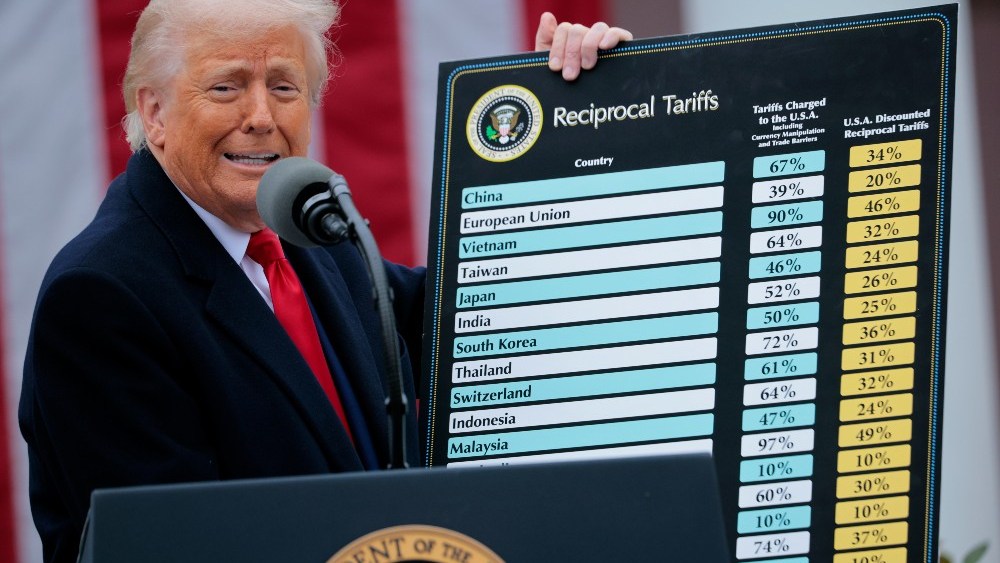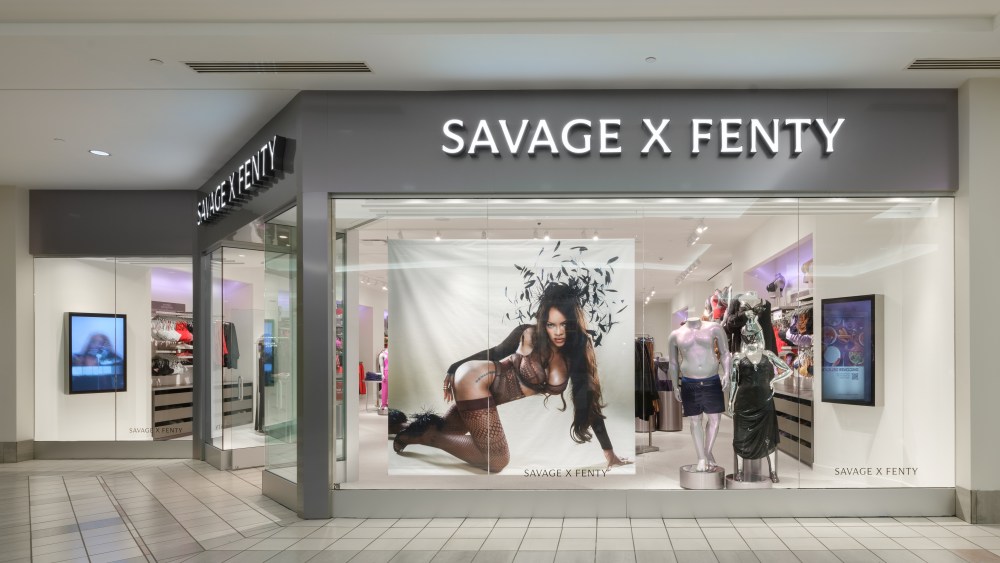Recent analyst reports point to tariffs as the latest in a long list of headwinds having a negative impact on consumer spending that include inflation and rising debt. Tariffs are also affecting another key segment of the economy: small businesses.
In a research note from Circana, the firm said U.S. consumers “are currently faced with a great deal of uncertainty that may or may not impact activity at retail. Aside from that uncertainty, consumers are already adjusting purchase decisions as a result of broader circumstances that are impacting them now.”
Those “broader circumstances” included the ongoing pressure of elevated prices, rising debt, concern among the Hispanic community about the administration’s clampdown on immigration, extreme weather and natural disasters that are disrupting traditional spending patterns.
Marshal Cohen, chief retail industry adviser for Circana, said, “Dynamic shifts in consumption are already occurring across consumer groups and retail segments. The consumer is in a state of confusion and trying to decipher how to prioritize their purchases in an environment of significant change.”
You May Also Like
Cohen said in his report that since 2020, “prices have risen across most consumer goods, and wages have lagged, resulting in weakened consumer demand.” He noted that while there is less of a gap in retail food and beverage and at food service, “the impact on discretionary general merchandise and nonedible consumer packaged goods is noticeable.”
The report noted that in 2023, general merchandise had reached a peak average price increase of 25 percent over pre-pandemic 2019 levels, with unit demand that fell as low as 9 percent. “In the fourth quarter of 2024, the average price increase of goods sold was up 17 percent and unit demand slowed to a 7 percent decline,” the report stated. “Part of the recent shifts is the result of consumers choosing more mainstream or value product options, including private label, moving their spending away from the more premium offerings.”
The report also noted that discretionary purchasing among Hispanic consumers “continues to fall at a faster pace than non-Hispanic purchasing.” The declines that have picked up speed in the second half of 2024, and continue, “have resulted in the first time in two years that Hispanic consumer demand underperformed that of non-Hispanic consumers,” the report said.
Circana also noted in the report that regional consumption patterns have shifted due to major weather events. In early 2025, Southern California wildfires and winter storm Blair worsened discretionary spending declines from a 1 percent 2024 average to 4 percent for that week. Meanwhile, winter storm Enzo brought record snowfall to the Gulf Coast, causing double-digit declines in discretionary spending there. Unexpected storms and colder U.S. temperatures in January, however, boosted sales of cold-weather essentials.
“Unexpected events create unexpected needs, and put added pressure on consumers,” Cohen said. “As more uncertainty and new dynamics enter the picture, the consumer has made it clear that they will not continue to spend in their usual way.”
Regarding the impact of tariffs on small businesses, Chuck Casto, head of content marketing at Alignable, said even at this stage of the deployment, the effect is negative for many.
“As the trade policy roller coaster accelerates under the Trump administration, U.S. small business owners are growing increasingly anxious about their financial future,” Casto said, adding that data from a new report from the firm found 44 percent of [small business] owners say they expect reduced sales due to tariffs — up 3 percentage points from March and 14 points from February. Of those, 13 percent anticipate significant revenue drops.
And the concern isn’t just forward-looking: more than 25 percent of small businesses report they’re already experiencing tariff-related declines in sales.
The findings were pulled from Alignable’s April Tariff Report, which is based on 4,441 responses from randomly selected U.S. small business owners that were surveyed between March 22 and April 1. Casto said the study was done in collaboration with Harvard Business School researchers Zoe Cullen and Ebehi Iyoha as well as Massachusetts Institute of Technology researcher David Atkin.
“This survey was conducted just prior to President Trump’s ‘Liberation Day’ tariff announcements,” Casto said. “As such, these findings likely represent only the beginning of a growing trend, which is expected to accelerate as new trade measures take effect.”




